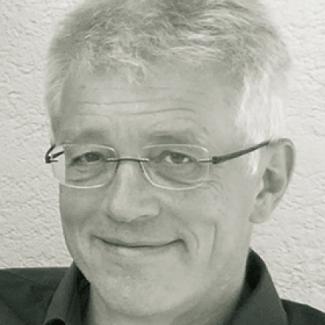Catholic Church
Italian Argentinian
 Reuters
Pope Francis
Reuters
Pope Francis
The new pope has chosen the name of St. Francis of Assisi. This decision indicates that he is concerned about poverty and about reconciling humankind with nature. Both is welcome. Destitution and environmental degradation are huge global challenges which are particularly evident in developing countries and emerging markets. It is no coincidence that the first pope from Latin America is aware of these issues. It adds to his credibility, moreover, that he renounced the luxury church leaders are entitled to when serving as archbishop of Buenos Aires.
Unfortunately, his idea of tackling poverty basically seems to be charity. Whether his spiritual principles translate into political demands remains to be seen. So far, his emphasis was more on "not forgetting the poor" than on empowering disadvantaged people to take their fate into their own hands. In the Church’s controversy with liberation theology, the proponents of which derived a political mandate from their faith, he sided with the conservative Vatican establishment. In 2009, on the other hand, he said that extreme poverty and unjust economic structures amount to violations of human rights.
Observers wondered before his election whether the next pope would once again be an Italian or whether perhaps someone from a developing country would be chosen for the first time. The cardinals agreed on an interesting compromise. Jorge Mario Bergoglio was born to Italian immigrants in Buenos Aires in 1936. He is fluent in his parents’ native language as he proved in his short address after being elected. No other city on Earth is marked by Italian immigration more than Argentina’s capital.
The cardinals who elected Francis certainly hope that a pope from Argentina will help to stem the growth of evangelical churches in Latin America. This continent is no longer the fortress of Catholicism it used to be. One reason for the Roman Church losing influence is that influential members of the clergy sided with brutal regimes during the military dictatorships of the past century.
Eight years ago, Cardinal Bergoglio was accused of involvement in the abduction and torture of two leftist priests during military rule. He was not proven guilty – and he insists that he was active behind the scenes to free the two men, and that he managed to help other regime victims. It is obvious however that, in a time of extreme polarisation, he did not speak out against a brutal autocracy that manipulatively used religion by arguing it was defending the faith against Communism.
To a large extent, Latin American society is metropolitan. Megacities increasingly not only tolerate, but even foster diversity. To little avail, Cardinal Bergoglio opposed Argentina’s government on promoting contraception and introducing same-sex marriage. Now that he has become Pope Francis he is likely to get more attention at home than previously – but probably not much more attention. If he wants to stop the erosion of people’s faith in the Catholic Church he will have to do more than pray for the poor and AIDS patients.


